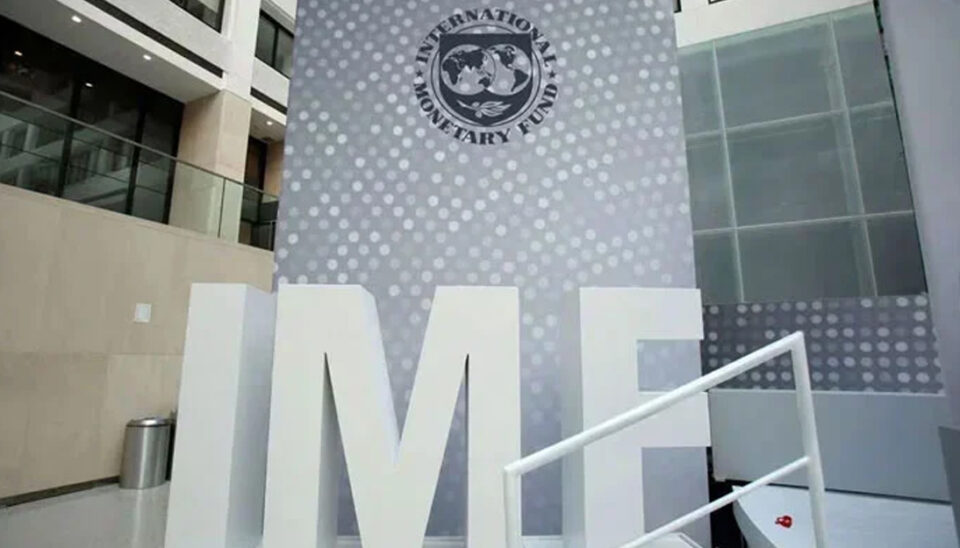The Special Drawing Right (SDR) is an international reserve asset created by the International Monetary Fund (IMF) in 1969 to supplement its member countries’ official reserves.
Since Pakistan joined the IMF’s first program in 1958, the country has drawn SDR 21.789 billion (approximately US$31.1 billion) from the Fund, out of an allocated amount of SDR 29.673 billion, according to a top official from the Economic Affairs Division (EAD) who informed a parliamentary panel on Thursday.
**About SDR:**
– SDR is an international reserve asset created by the IMF in 1969.
– A total of SDR 660.7 billion (around US$943 billion) have been allocated to date.
– The largest allocation of SDR 456 billion was approved on August 2, 2021, and became effective on August 23, 2021, to address global reserve needs and support countries impacted by COVID-19.
– The SDR’s value is based on a basket of five currencies: the U.S. dollar, euro, Chinese renminbi, Japanese yen, and British pound sterling.
**Pakistan’s Engagement with the IMF:**
– Pakistan has paid SDR 2.815 billion in interest to the IMF since 1984.
– The Senate Standing Committee on Economic Affairs, chaired by Senator Saifullah Abro, has requested a breakdown of IMF loans, including amounts received and interest paid over the years.
– Pakistan has participated in 24 IMF programs since its first agreement in 1958, with the latest being the 2023 Stand-By Arrangement (SBA).
– The country has also accessed one-time IMF facilities for emergencies such as the 2010 floods and the COVID-19 pandemic.
– Current records show Pakistan has drawn SDR 21,789.28 million from the IMF, with an outstanding principal amount of SDR 6.369 billion.
**Overview of Funded Projects:**
– Dr. Kazim Niaz, Secretary for the Ministry of Economic Affairs, outlined 298 projects funded through multilateral and bilateral sources: 146 are multilateral, and 152 are bilateral.
– Multilateral projects include funding from the World Bank (63 projects), the Asian Development Bank (54 projects), IFAD (6 projects), the Islamic Development Bank (14 projects), and the European Union (21 projects).
– Bilateral projects include funding from China (16 projects), Korea (15 projects), and Saudi Arabia (13 projects), among others.
**Key Projects:**
– The World Bank finances 58 projects in Pakistan, with a commitment of $14.806 billion, and $6.162 billion disbursed.
– Notable projects include the Dasu-Islamabad Transmission Line (commitment of $700 million, $112 million disbursed, expected completion by June 30, 2025) and the Tarbela Four Expansion Project (commitment of $390 million, $159 million disbursed, expected completion by September 30, 2027).
**Committee Recommendations:**
– The committee recommended that the EAD provide details of completed or closed projects from 2002 onward and update progress reports before the next meeting.
– They plan to review projects sector-wise to determine completion status and address delays.
– Chairman Abro questioned the handling of Independent Power Producers (IPPs) proposals, citing ongoing issues with these agreements.
**Meeting Attendance:**
– The meeting included Senators Taj Haider, Kamil Ali Agha, Rana Mahmood ul Hassan, Dr. Kazim Niaz, and other senior officials.
This summary highlights Pakistan’s engagement with the IMF, its funded projects, and the parliamentary committee’s recommendations for better management and transparency.

